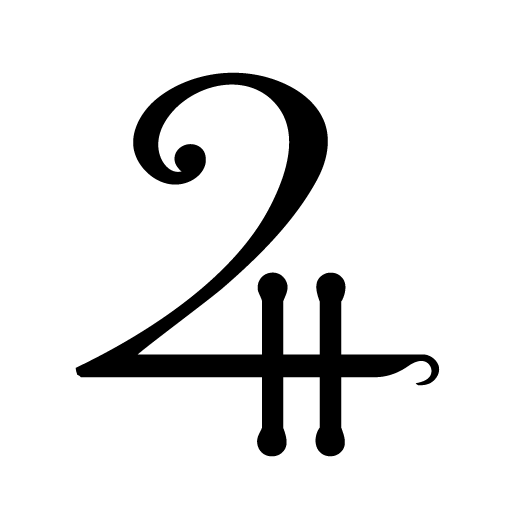Getting Home from School
I remember walking home from the bus stop. It’s summer. I’m living with my dad in an apartment in a complex of stunningly boring two-story buildings nestled amongst low, blatantly artificial mounds—which the developers suggest you consider as green hills. The fact that the mounds were formed by bulldozer and backhoe is as obvious as the origin of pail-shaped sandcastles at the beach. Sidewalk-free and pointlessly winding are the roads that snake through the grassy mounds. You’re not meant to set foot on them—you’re not meant to tread upon most roads in suburban Detroit—but there are convenient concrete paths slicing across the yards between buildings. It’s better than nothing.
The bus doesn’t deign to enter the vast apartment acreage. It stays up on 9-mile road and lets out a crowd of kids, dispersing us like a drop of food coloring diffusing in beaker of water. As far as my room is from the the bus stop (a perilous 15-minute run-walk for a teen prone to cluelessly snooze-slapping his alarm), it’s crazy for me to do what I will come to do, which is get off the bus at its previous stop, a mile further from home.
I don’t like the other kids at my stop. It not really bullying at this point, making me avoid them. Most of that treatment was years before, in junior high, in Massachusetts. But I don’t want the uncomfortable silence that comes of walking close enough to make the lack of social interaction into something awkward. I’m already anxious about such things, and I’m most often deep in my own head, wrapped up in my naïve and geeky thoughts.
I still have to get home. So I start down the gravel shoulder of 9-mile, on course to make it to my proper bus stop some 15 minutes after the other kids. I’m alone with my thoughts, allowing my imagination to run and run as I wander home. I now remember the walks as warm, glowing, halcyon times.
A house sits back on a broad lot, about half-way between the one bus stop and the other. Google maps shows the house still sitting there, as it was in the late 1980s.
From the street, a low drainage ditch and row of hedges make a barrier. I walk on up the driveway, cautiously, sure that I’m trespassing. Between the road barrier and the house is a field of grasses and flowers. It’s not utterly wild, but it’s been allowed to grow long and lush. A lithe stream sparkles in the afternoon sun, slipping over the field, and little trees pop up here and there.
The house itself is small and old, built in a time of mid-century construction, long before the ubiquitous yuppie-friendly apartment complexes spread out like so many squat, beige mushrooms. The little house is on a slight rise, guarded by tall trees and framed in a woodsy hillside backdrop. I don’t get close to the house. I never learn who lives there.
I’m only a daydreamer, wandering, observing, and the last thing I want is to encounter anyone, or be shooed away and then be afraid to return. For, in the humid summer afternoon, the golden sunlight is like a liquid thing flowing over that little field, blessing it with brilliance. The dragonflies ride above the grass-tops, and the spicy green aromas of thriving leaves mix with the sweet fragrance of blossoms. There is a fierce vitality, a beauty of isolated serenity that makes the whole yard feel like a precious oasis.
I stand. I stroll. I breathe deep and feel my heart jump—jump the way it used to in autumn in New England when my lungs would fill with the glorious pungency of turning leaves. I close my eyes and feel the sunlight wash over me. Insects drone their cyclical tittering. Birds sing.
I lose time, but I don’t lose myself. I’m fully present, in love with the world and the senses bringing it to me. As bad as I might sometimes feel, as lonely, as depressed, as despairing, I do have, for a moment at least, a perfect sunlit garden refuge. That it’s not really mine, that I soon have to leave it, only makes it more special. And though it now exists only as a fresco on the back wall of my high school memories, it can still make me happy.


